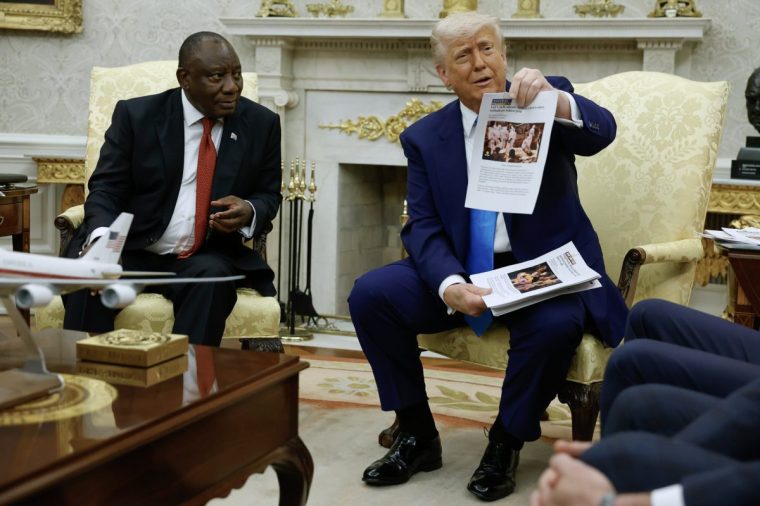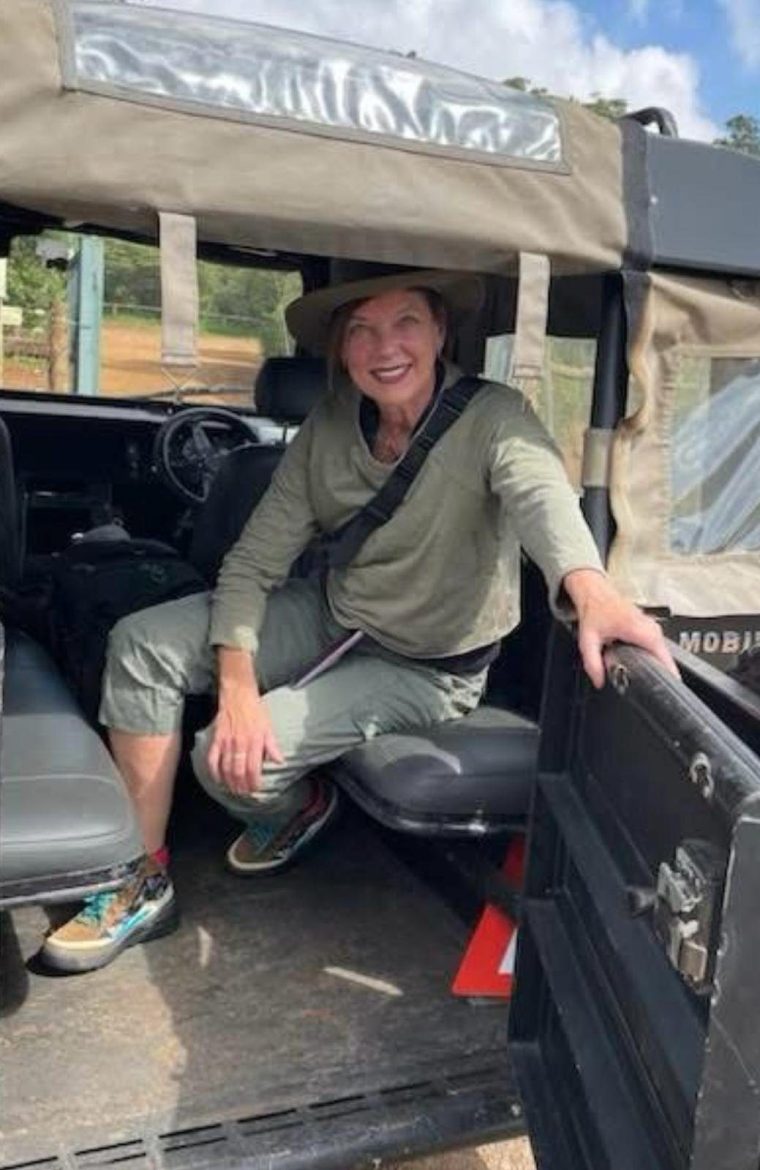Enquiries from Americans looking to move to South Africa have doubled since Trump returned to office compared with the previous six months, one lawyer said
Among the many extraordinary — and false — claims that Donald Trump has made since he returned to the White House in January, is the idea that a white genocide is happening in South Africa.
During an awkward meeting with the South African President, Cyril Ramaphosa, in the Oval Office in May, Trump claimed that more than 1,000 white farmers had been targets for violence.
The situation in South Africa is so bad, according to the Trump administration, that the white Afrikaner population has been offered refugee status in America, even as the country restricts refugee admission for others.
Those claims came despite the South African President, fact-checkers and white South Africans themselves flat-out denying it.
Trump has not convinced Americans either. And now some of them are hoping to travel in the other direction.
“I’m waiting for them [South Africa] to offer refugee status” to Americans, jokes Carole Feeny, from Cincinnati, Ohio, in the Midwest, about her desire to leave Trump’s America for the African country.

For some Americans – like Feeny, who has long considered retiring in Africa – “this [Trump] administration is giving me a nudge to make my retirement plan faster than I would’ve originally planned.”
She is one of many Americans who are looking to leave the US, in part due to the current administration, as well as the high cost of living, and who see its position against South Africa as fear-mongering.
“I don’t believe a lot of what comes out of this administration’s mouth. I know that there’s not genocide happening on white farmers in South Africa,” she says, adding that it is the government in the US – rather than South Africa – that scares her.
“There’s no longer much freedom of speech [in the US], it’s not good here. They’re snatching people off the streets,” she says, referring to Immigration and Customs Enforcement (ICE) operations across the country.
Feeny is not alone in hoping to escape Trump’s America for a new life elsewhere.

“There’s a real culture of fear. Right now, they’re seeing what they can get away with on non-citizens,” said one academic at an elite US university who wishes to remain anonymous and has previously spent time in South Africa.
“I’ve reached the point where I really don’t want to be in the States. This has given me the impetus to leave and move to South Africa.”
But it is not only the push factor of Trump’s policies that are encouraging the researcher away from the US. The pull of South Africa is also driving her decision. “I’m much more at home in Joburg [Johannesburg]. I feel happier when I am there,” she added.
Steve Corbin, an attorney at Harvey Law Group, which assists with country relocations, has seen a significant increase in Americans looking to leave. These are, in part, applicants “looking at a Plan B option to be able to leave the US based on their dissatisfaction with the current political climate”, he says.
Although other destinations, such as Canada, remain more popular, enquiries from Americans looking to move to South Africa have doubled since Trump returned to office, compared to the previous six months, Corbin says.
The number of US tourists visiting South Africa also suggests that Americans are unfazed by their President’s depiction of the country. In the first five months of 2025, 149,277 US citizens visited, representing a 1.5 per cent increase from the same period in 2024. May alone saw a rise of 3.1 per cent from last year – despite Trump confronting Ramaphosa with his claims of a “white genocide” that same month.
The lower cost of living, the lack of investment requirements for those with sufficient net worth to secure a visa, and the relative ease of attaining permanent residence all contribute to making South Africa an increasingly popular destination for Americans looking to relocate, says Corbin.
Feeny echoes his sentiment, acknowledging that the cheaper cost of living in South Africa is part of her decision. “There’s not really anywhere affordable to go live in the US anymore, so I won’t be able to retire in this country,” she says.
Yet for many Americans looking to make the move, it is not a straightforward decision. Marina Mecham, who has just joined the University of Johannesburg from Indiana University, feels conflicted about leaving the US during this crackdown by Trump.
“I’m happy to be here [in South Africa] but it feels like I’m running away from a fight I should be a part of… It’s a trend when authoritarian regimes rise and academics flee the country, so who’s left to fight?”
